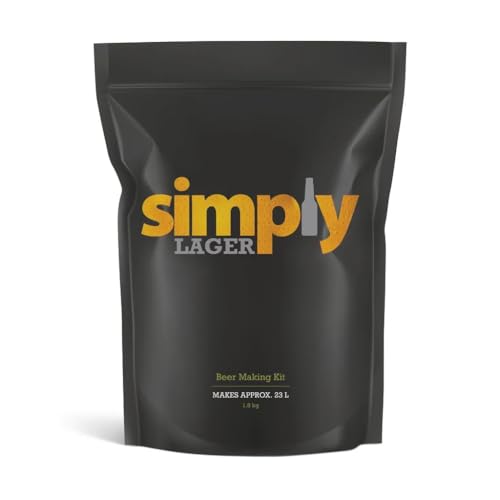Here's the bits I think you'll need:

- Y splitter (£9) kuou Brass Manifold, 3/4" Tap Y Splitter Brass Manifold Two Way Washing Machine Hose Connector : Amazon.co.uk: Garden & Outdoors
- 3-stage RO filter (£40) Compact 3 Stage Reverse Osmosis Water Filter for Aquarium, Marine, Discus, Tropical Fish : Amazon.co.uk: Sports & Outdoors
- TDS testing pen (£7) Mesee LCD Digital TDS-3 Meter, TDS/Temp Water Tester Pen Water Quality Testing Tool for Drinking Water, Aquarium, Swimming Pool : Amazon.co.uk: Garden & Outdoors
- 3/4" BSP to 1/4" push fit adapter (£5) 3/4" bsp to 1/4" Pushfit Connector - Feed Water Connection Fitting - (Fridge Freezer Water Filter Plumbing Fitting or Any Water System with 1/4" lldpe Water Pipe) : Amazon.co.uk: DIY & Tools
























![BREWING THERMOMETER STICKERS ACCURATELY MONITOR FERMENTING BEER & WINE LIQUID TEMPERATURES 5PCS HOME BREW SPIRITS WINE LCD ADHESIVE [US]](https://m.media-amazon.com/images/I/311DDjo2X3L._SL500_.jpg)




















